Sreeram Chaulia’s thought-provoking book, Trumped; Emerging Powers in a Post-American World is likely to trigger a debate on the impact of the disruption in the global order brought out by Trump’s ‘America First’ policy. The author’s key argument is that Trump through his policies has “created unique window of opportunity for regional powers to rise up and fill the vacuums America leaves behind”. He has chosen India, Turkey, Brazil, and Nigeria as case studies to bolster his thesis. The author feels that the existing global order has not been very beneficial to the emerging powers in the various parts of the world, especially in Asia, Middle East, Latin America, and Africa.
The author contends that emerging powers are not going to bandwagon with China. They will carve a separate space for themselves. Their behaviour clearly indicates balancing/hedging as opposed to outright bandwagoning. He argues that owing to their strong anti-colonial traditions, the rising powers have the ability to recalibrate their foreign policies.
In the case of India, the author is optimistic. Analyzing India's foreign policy, he finds that India is not only dealing with the US with whom it has growing strategic relationship, but also with Russia and China, which provides a useful hedge. In his view, India can help form “non-American and non-Chinese groupings”, forge cooperation amongst Asian middle powers to confront Trump’s isolationist and optimistic policies. For instance, India, Indonesia and Vietnam can work together. India will have to correct the imbalance, which is now in favour of China. The author urges India to recognize the opportunities and take the advantages to assert itself strategically.
In the case of Turkey, the author notes that the country is coming out of the western shadow. Unlike India, Turkey has become openly confrontationist and is joining hands with Iran and Russia. Trump, blinded by hostility to Iran and interests in Israel, has taken a confrontations tone vis-à-vis Turkey. Gone are the days when Obama described US-Turkey relationship as a “model partnership”. Everything has changed. Can Turkey emerge as a regional power to fashion a stable and peaceful middle east? The Middle East is too conflicted for Turkey to be accepted as a regional leader. Further, despite a complex relationship with the US, Turkey remains an important member of NATO, which continues to survive despite Trump’s regular lashings.
What about Brazil, the subject of the author’s present study? Brazil has gone in the opposite way. President Bolsonaro is enamored of Trump and wants to forge a close partnership with America. He likens himself to Trump. He is overturning the socialist policies of Lula and his successors. Can Brazil mobilize a regional coalition in Latin America? This is doubtful. The author feels that in future, the US interventions in Latin America are likely to increase. He notes that the strategic challenge before Brazil is how to avoid letting China determine its future. But, Brazil’s quest to become a global power may not work. Brazil has to find a way of leading the fourteen-nation Lima group, which is devoted to a peaceful transition in Venezuela. Brazil is also a part of IBSA and BRICS but how serious is Brazil towards these groupings?
Nigeria is the largest economy in Africa and the most populated. President Buhari has tried to position Nigeria as a leader but he is handicapped for many reasons, including the economic recession and the threat of the Boko Haram insurgency and internal security crises. Nigeria is soft towards China, which is entering into the different sectors of the Nigerian economy. It is in the danger of falling into a Chinese debt trap although the government denies that. The author points out that Nigeria has also not ratified AFCFTA thereby compromising its prestige as the leader of Africa. Its economy is too dependent upon oil. In the author’s opinion, Nigeria needs to build strategic alliances with states of Africa and even France. He warns, “counting on Trump for enabling Nigeria’s rise is fool’s errand”. He concludes, “Nigeria should lead a collective endogenous drives for pax Africana”.
After studying these countries’, relationship with Trump’s America, the author concludes that to take advantage of the modern contemporary conditions, emerging power should “carve out their own sphere of influence and ward off China and the US through mutual cooperation and regional diplomacy”.
The question is how? This question could have been dealt better in the book. What can one say about the capabilities of the emerging countries to decisively shape the new world? South-South cooperation, an old idea can work up to a point. The problem is that the emerging nations are still weak and do not have the critical mass to lead or forge cooperative relations on their own. Further, globalisation has thrown up numerous global networks and supply chains through which capital, trade technologies and data flow. The challenges like climate change and terrorism are global and require global cooperation. The US and China are indispensable to the global political and economy irrespective of their mutual relationship. There is a bit of US and China in every country. Regional alliances sans US or China are either not feasible or would be vulnerable.
Multipolar world, with several middle powers populating it, is here to stay. However, is multipolarity sustainable? Will a multipolar world be more chaotic or more orderly? Will a rule-based world order survive in a multipolar world? Many questions need to be answered when we talk about a multipolar world.
The author has written a timely and thought-provoking book laying out the factors going for and against the emergence of emerging power. It is a matter of satisfaction that young Indian writers like Sreeram Chaulia, who has already written many books, are feeling bold and confident to put forward Indian, non-western viewpoints, perspectives, and arguments on key global issues. The western scholarship hopefully will take note and engage with Indian scholarship on global issues of which Sreeram Chaulia is an example.

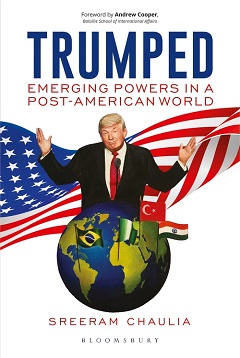
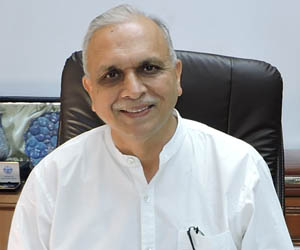
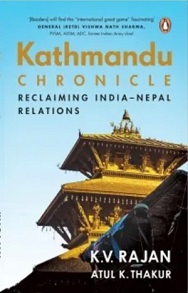

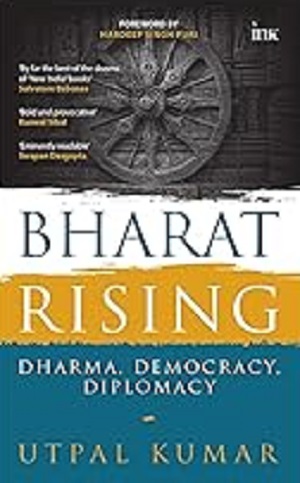
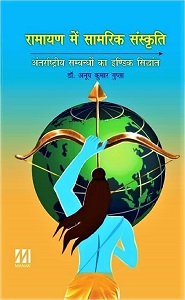
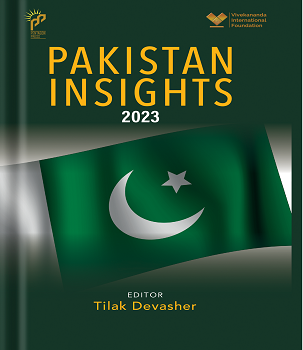
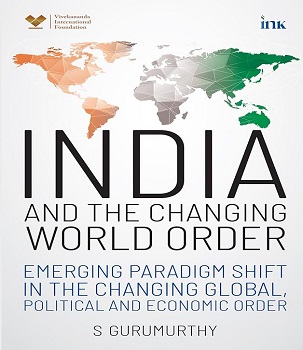
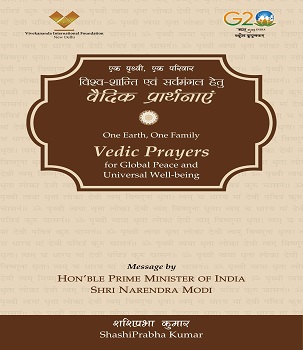
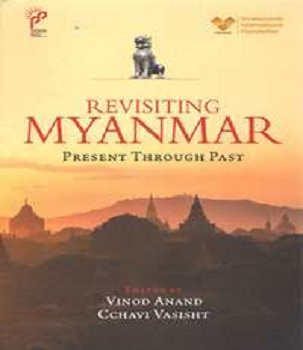
Post new comment